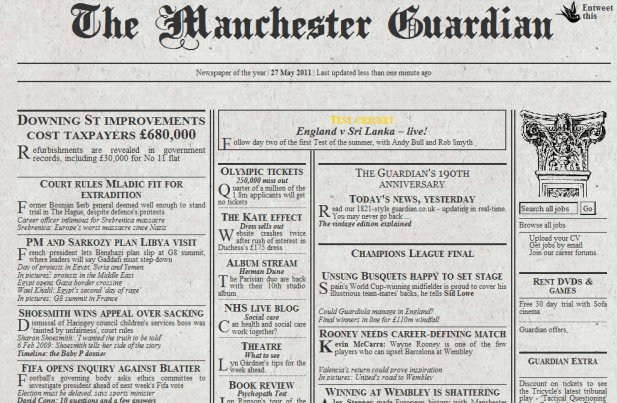In an article about Guild Wars 2 game play at the German website wartower.de, author 4thVariety briefly reminisces about fake medieval ruins:
This ruin will be smashed by Tequatl every time. I wonder, if players need to build it first, in some obtuse quest, sorry, event referencing Kevin Costner’s unforgettable, or rather unrepressable, classic Field of Dreams. Building a ruin makes no sense you say? I beg to differ. 135 years ago, the Bavarian king announced he was looking forward to visiting my home town the next year and take a tour of the medieval ruins. Problem was, there were no medieval ruins, but nobody wanted to tell that to the King and spoil the perfect visit he was looking forward to. Thus, in a fit of “because we can” and to further spite the neighboring cities, a medieval ruin was build in the middle of an English garden. The King had a happy visit and today’s fantasy nerds a spot to geek out once a year. This is the place where I learned that people in chainmail do not jump and dropping off a one meter ledge in armor with a broadsword in your hand is a scary dangerous thing. Thank god, neither cell-phone cameras nor Youtube were invented back then, else I would be an international near self-impalement meme today. On the bright side, nobody would then complain about not being able to jump in MMOs.











